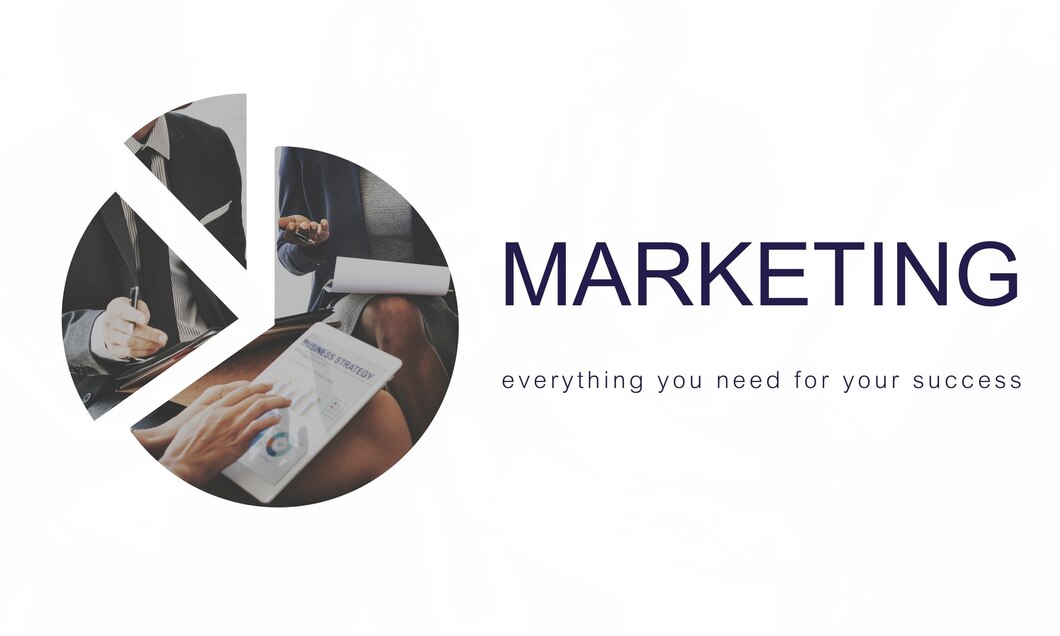We understand that marketing is the driving force behind any business. Before delving into the pros and cons of digital marketing, let’s quickly cover the fundamentals. So,
What Exactly Is Digital Marketing?

Digital marketing involves promoting products and services through the internet or other digital channels. This approach benefits both online and traditional businesses by utilizing various forms of electronic media. Modern techniques have greatly enhanced efficiency in this field. Many experts predict that digital marketing may eventually supplant traditional marketing altogether, despite its current limitations.
What Are the Key Elements of Digital Marketing?

If we digitaly marketing encompasses a variety of strategies designed to drive traffic to your website through both organic and paid methods, such as:
– SEO (Search Engine Optimization): Enhancing your content with keywords, link building, and other techniques to improve your ranking in search engine results.
– SEM (Search Engine Marketing): Utilizing paid advertisements that appear at the top of search engine results to attract clicks.
– Email Marketing: Engaging potential and existing customers by sending promotional and informative emails to drive sales and interaction.
– SMM (Social Media Marketing): Managing and marketing on social media platforms to build brand value, engage with customers, address their concerns, and respond to feedback. This includes both organic engagement and paid advertisements.
– Content Marketing: Creating blogs, infographics, videos, and other content to provide valuable information to your target audience in a subtle and indirect manner.
– Paid Advertising: Implementing strategies such as Performance Marketing (PPC), banner ads, and carousel ads that users can click to reach your business website.
Glads is a top-tier digital marketing company that can help your business connect with your target audience and execute successful campaigns to increase conversions and revenue.
Importance Of Digital Marketing

Digital marketing is the heartbeat of modern business strategies. It’s not just about being online; it’s about being seen, heard, and engaging with your audience where they are.
Here’s why it’s crucial:
1. Reach
With digital marketing, you can extend your reach far beyond traditional boundaries. No longer confined to local markets, you can connect with potential customers globally. This global reach opens up a world of opportunities for expansion and growth, allowing businesses to tap into new markets and demographics previously inaccessible.
2. Targeting
Unlike traditional marketing methods, digital marketing allows precise targeting. You can tailor your message to specific demographics, interests, and behaviors, ensuring your efforts resonate with the right people.
Through tools like Google Ads, Facebook Ads Manager, and LinkedIn Campaign Manager, businesses can define their target audience based on factors such as age, gender, location, interests, and online behavior. This targeted approach minimizes wasted ad spend and maximizes the impact of marketing campaigns, resulting in higher conversion rates and ROI.
3. Measurable Results
One of its most significant advantages is the ability to track and measure results in real-time. From website traffic to conversion rates, you can analyze data to refine your strategies and maximize ROI.
By using analytics tools like Google Analytics, businesses can gain valuable insights into their digital marketing efforts, allowing them to identify what’s working well and what needs improvement. This data-driven approach enables businesses to make informed decisions, optimize their marketing campaigns, and allocate resources more effectively, ultimately driving better results and business growth.
4. Cost-Effectiveness
Digital marketing often offers a higher ROI compared to traditional methods. With options like social media advertising and email marketing, you can reach thousands of potential customers at a fraction of the cost of traditional advertising.
Additionally, digital marketing allows for greater control over budget allocation, with flexible pricing models such as pay-per-click (PPC) and cost-per-thousand-impressions (CPM). This cost-effectiveness makes digital marketing accessible to businesses of all sizes, leveling the playing field and enabling smaller companies to compete with larger ones on a global scale.
5. Engagement
Interacting with your audience is key in today’s market. Through social media, blogs, and other digital channels, you can foster meaningful relationships, build brand loyalty, and encourage customer advocacy.
In essence, digital marketing isn’t just a tool; it’s a game-changer for businesses looking to thrive in the digital age. Embrace its power, and unlock endless possibilities for growth and success.





